Blog

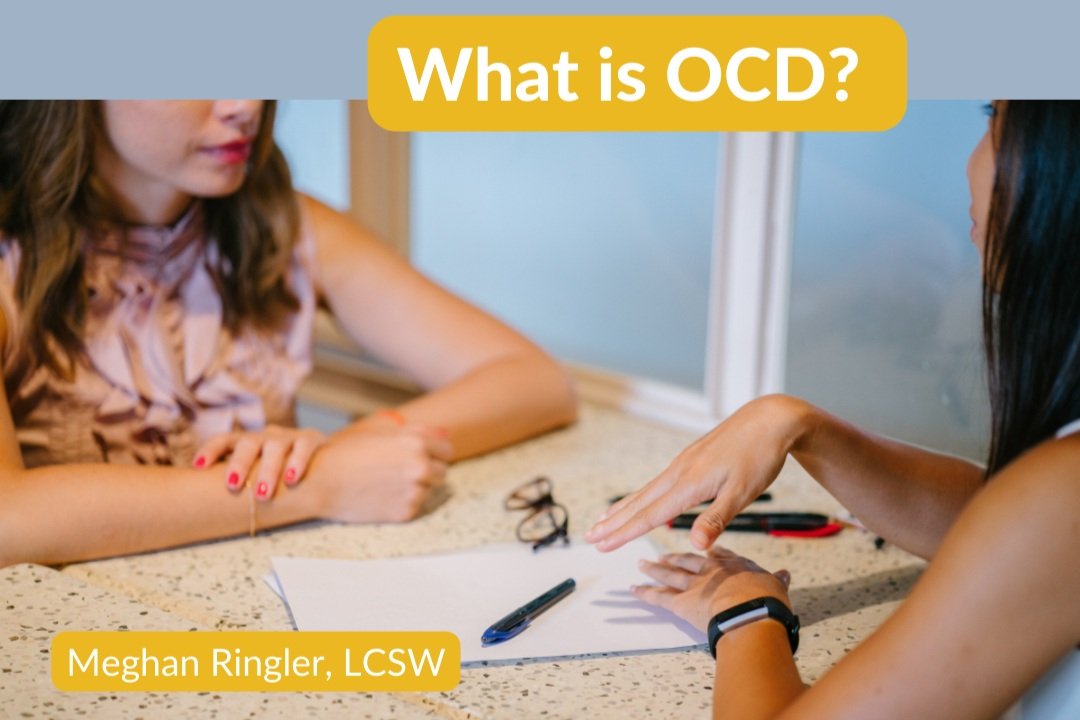
What is OCD?
Do you want to know more about OCD? This post by Meghan Ringler, LCSW has everything you need to know. Our therapists are here to support women coping with OCD. In-person and virtual sessions are available in Chicago and Miami. Book an appointment to receive the support of an amazing therapist!
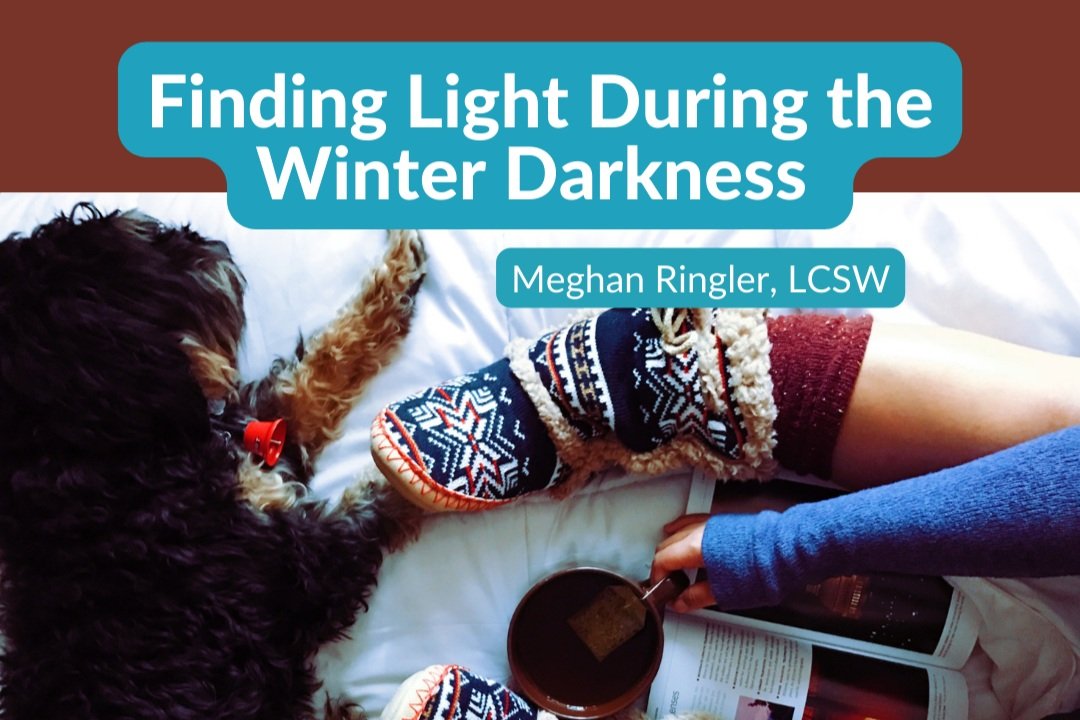
Finding Light During the Winter Darkness
Does winter have you feeling down? This post by Meghan Ringler, LCSW has tips for you. Our therapists are here to support women coping with seasonal mental health symptoms. In-person and virtual sessions are available in Chicago and Miami. Book an appointment to work on strategies for the winter blues with the support of an amazing therapist!
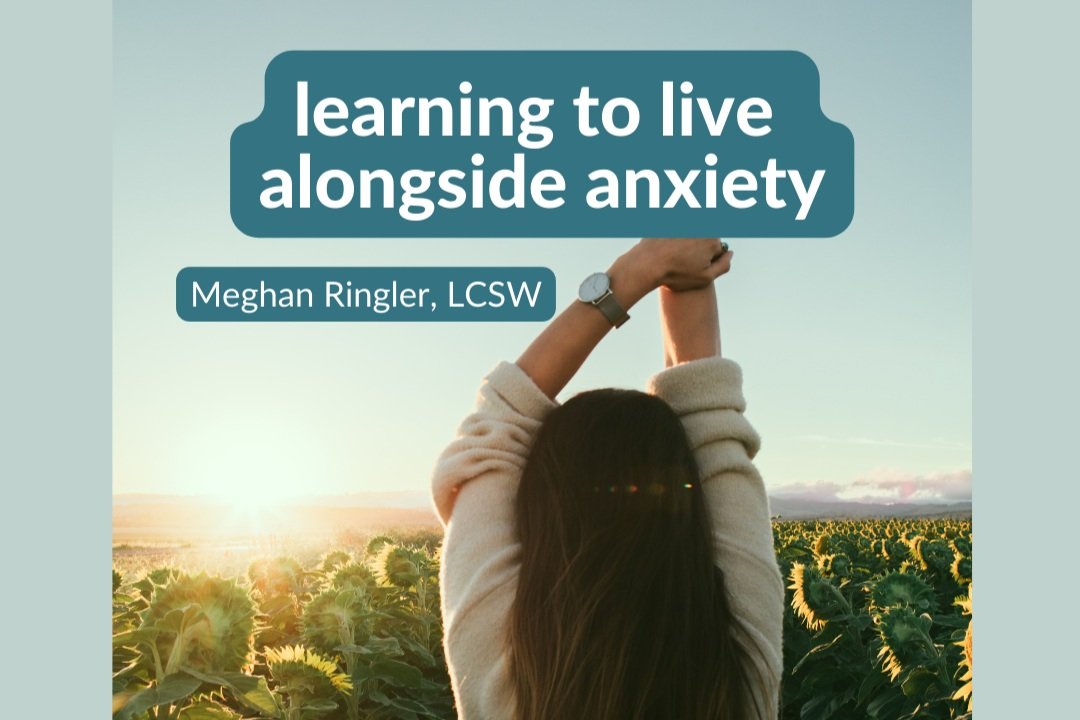
Learning to live alongside anxiety: a work in progress
Struggling with anxiety? This post by Meghan Ringler, LCSW has tips for you. Our therapists are here to support women coping with anxiety. In-person and virtual sessions are available in Chicago and Miami. Book an appointment to work on strategies for anxiety with the support of an amazing therapist!
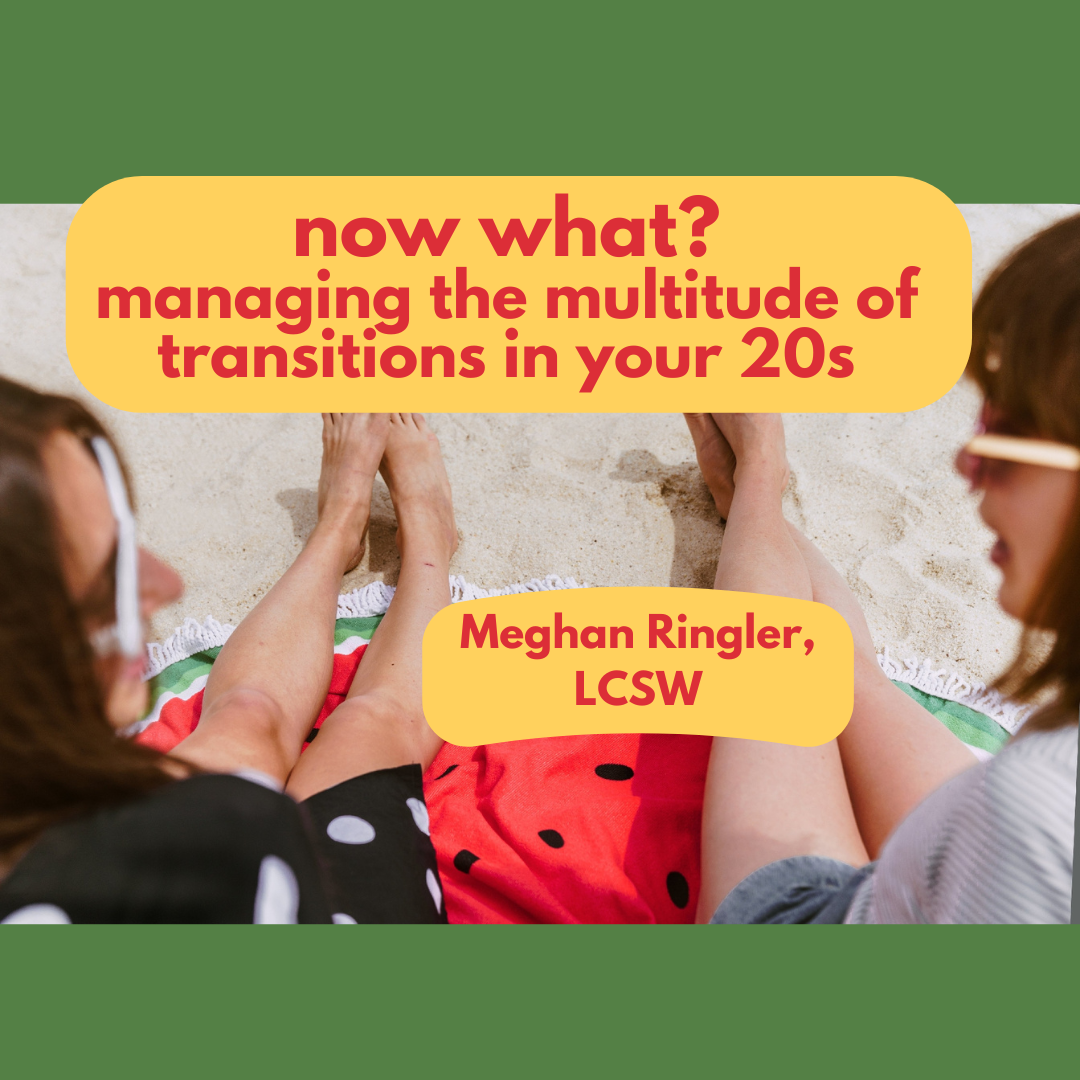
Now What? Navigating the Multitude of Transitions in Your 20s
Are you navigating the transitions of your 20s? This post by Meghan Ringler, LCSW has tips for you. Our therapists are here to support women going through changes. In-person and virtual sessions are available in Chicago and Miami. Book an appointment to set goals with the support of an amazing therapist!


Uprooting Imposter Syndrome
Chronic feelings of inadequacy, fear of being “found out” as a fraud, difficulty using your voice, all despite tangible success and positive feedback. Does this sound familiar to you? This pattern of experiences and feelings is often referred to as imposter syndrome, or imposter phenomenon. Originally coined in 1978 by psychologists Pauline Rose Clance, PhD and Suzanne Imes, PhD, imposter syndrome was described as an internal experience of self-doubt plaguing high-achieving women (1, footnote). The scholarship on imposter syndrome has evolved significantly over the years, resulting in helpful critiques, tips, and guidance. Below I’ll review some insights that can help those of us who experience imposter syndrome uproot these feelings and ground ourselves in critical consciousness, compassion, and confidence.
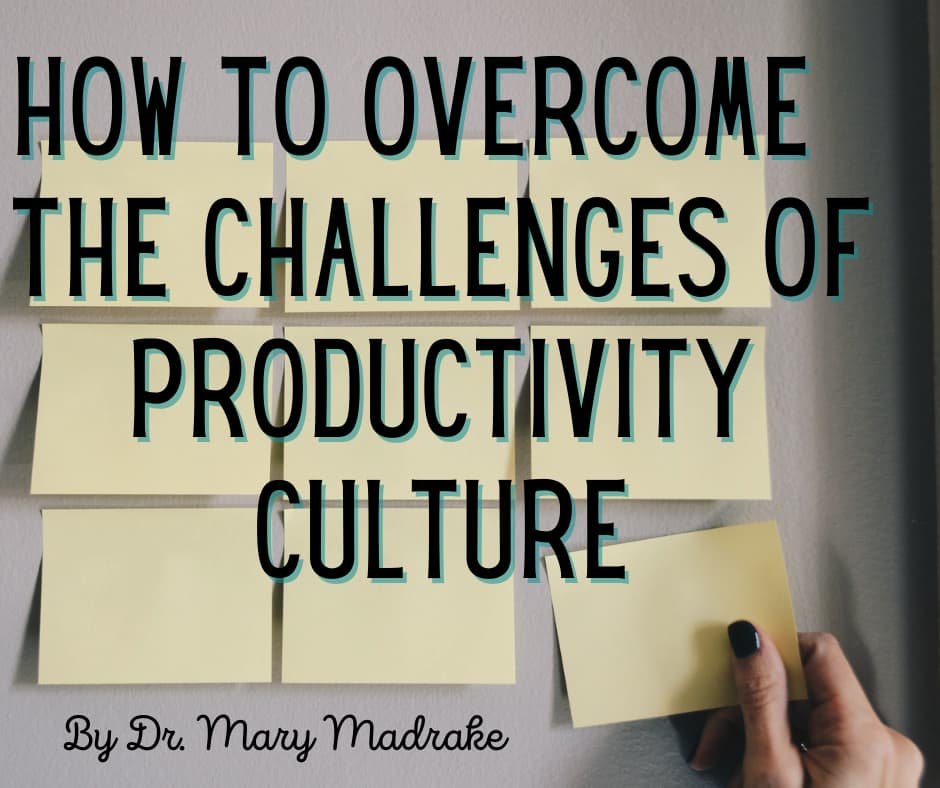
How To Overcome The Challenges Of Productivity Culture
Do you ever feel that if you take the pressure off yourself to exceed expectations and complete all the tasks on your never-ending to-do list, you might lose the motivation to do anything at all? Have you ever wondered why there are countless memes and jokes about how people in the workforce (or those in school) are existing on caffeine or the saying, “I’ll sleep when I’m dead” as a joking way of saying we don’t have time to rest? Have you ever felt lazy when taking time to rest after a difficult day or week? You might have even heard that people who utilize their vacation and sick days are less likely to receive a promotion because they “aren’t working hard enough.” These elements are products of a culture that praises productivity. But the heavy emphasis on the "you can do it all" mentality within our culture can often lead to burnout as it doesn’t honor our need to rest, recharge and reset in order to function at our best.

Ho’oponopono for Forgiveness and Healing
This is one of my favorite practices for healing and forgiveness!
Ho’oponopono is a Hawaiian mantra or prayer that you can say to help bring forgiveness and healing to your life. To practice, say:
➡️ I’m sorry
➡️ Please forgive me
➡️ I love you
➡️ Thank you

Grounding in Light Meditation
Looking for a new way to practice mindfulness and feel more grounded? I love this "grounding in light" meditation written by Nancy Napier and found in her book "Sacred Practices for Conscious Living." If you're just starting out with mindfulness meditation, you can read more about mindfulness in an earlier post. You may also want to give mindfulness of breathing a try before you engage in this meditation.

Life After Lockdown: Post-Pandemic Anxiety
Over the course of this pandemic, anxiety has been a familiar feeling for many. But you may have noticed a recent shift in what exactly you’re feeling anxious about. Fears about exposure and infecting loved ones may now be coupled with anxieties about returning to the office, socializing, or even the thought of having to wear jeans again. Why is it that anxiety seems to be on the rise as cases of COVID-19 are on the decline?
With vaccinations rolling out and a sense that there is an end to the pandemic in sight, many things remain uncertain. Will our “new normal” look like our “old normal”? Will work-from-home arrangements remain or will we be forced to return to working in an office? Will variants of the virus lead to future lockdowns?
If you are noticing new or worsening anxiety related to the pandemic, here are a few tips and strategies for managing the unique challenges of life after lockdown:

Counting sheep and still can’t sleep? Practical tips for getting a good night's rest.
It is no mystery that Covid-19 has greatly affected many facets of our lives and for many of us, sleep is one of them. Researchers have begun to examine the impact of Covid-19 restrictions on sleep patterns as many of our routines have been disrupted. As compared to pre-pandemic sleep patterns, individuals have reported significant changes to sleep including later bedtime and wake time, reduced overall night-time sleep, increased napping, and overall poorer sleep quality (1, footnote). Other symptoms of poor sleep include difficulty falling asleep and/or staying asleep, waking up earlier than expected, and experiencing anxiety or worry about not sleeping. If any of these symptoms sound familiar to you, know that you are not alone and there is hope!

